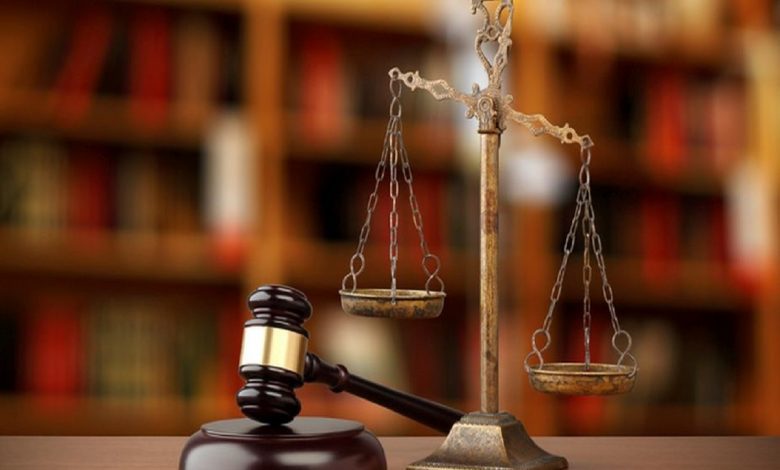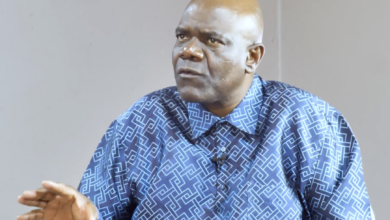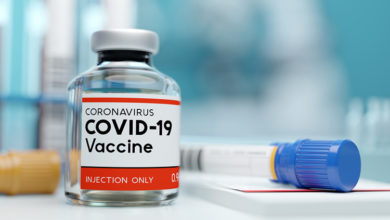Access to justice for PLWDs still a pipe dream

By Michelle Mulingo
SIZWE Dube has constant nightmares of a heart-breaking incident that befell his only daughter some years ago.
Before his mentally challenged daughter Alice (not her real name) was raped by a group of boys while walking in the park a short distance from her aunt’s place, he always feared for the life of his little angel after she reached puberty.
He is the only surviving parent of this girl child.
“Those boys sexually abused my little girl and threatened to take away her food if she told anyone because they knew she remained home alone while I went to work and her siblings to school,” he said.
Dube, a Bulawayo resident, fears that what transpired to her daughter might be happening to other children as there is little knowledge on the plight of people living with disabilities.
He is one parent of a child living with disability who has lost trust in the justice system of Zimbabwe.
He said: “With the help of the church and neighbours, I reported the matter to the police and investigations were done however, they said there was insufficient evidence as my daughter could not make sound judgement by virtue of her mental disability and problems in speech.”
“Alice has become an introvert because she fears going out of the house. People call her all sorts of names from a liar to prostitute because they do not see her disability,” added Dube.
“That is why I decided to take her to live with my younger sister in South Africa where they acknowledge the existence of people with disabilities.”
Alice’s story mirrors many unfortunate circumstances that people living with disabilities (PLWDs) face as perpetrators go scot-free due to a justice system that lacks understanding and skills on how best to deal with such matters.
The Mental Health Act (chapter 15:12) defines this type of disability as “mentally disordered or intellectually handicapped,” in relation to any person, which means that the person is suffering from mental illness, arrested or incomplete development of mind, psychopathic disorder or any other disorder or disability of the mind.
The Disabled Persons Act Chapter 17:01 of 1992, and the International Convention on the Rights of People with Disabilities (ICRPD) define a disabled person as an individual with physical, mental or sensory disability, including a visual, hearing or speech functional disability, which gives rise to physical, cultural or social barriers inhibiting him from participating at an equal level with other members of society in activities, undertakings or fields of employment that are open to other members of society.
Shylet Ndlovu, a mother with a 5-year-old mentally disabled child said: “Most people associate disability with ukukhubazeka (physical disability) where the disability can be seen and our children are not viewed as disabled and they face various forms of discrimination even amongst the disabled community. This also affects the way we seek justice for them.”
Ndlovu said mentally disordered or intellectually handicapped children face a lot of bullying and name calling from their age mates and the community at large.
Parents still felt that justice starts with their children getting those who trouble them at school and in the society to book and account for the wrongful conduct imposed on these children.
Another parent with a child living with disability, Nobuhle Moyo said: “It is even difficult when you go to school where they learn to report misconduct by other children who bully them because naturally they are shy to voice their concerns with people they are not used to.”
Save the Children Norway report revealed that generally there are high numbers of sexual abuse cases of PLWDs in the country’s six provinces. It revealed that 87.4% between ages of 15-35 were abused and of that 48% were mentally disordered or intellectually handicapped and 25% were physically impaired while 52.4% of the people studied tested HIV positive.
Tsepang Nare, a disability rights activist said: “There are provisions in various governmental policies and Section 22 (2) of the Constitution and there are workshops held countrywide to conscientise communities on the rights for PWDs.”
“There is need for inclusion of PLWDs in the police force and all other social sectors so that the systems become friendly and easy to approach and engage with when there is need,” added Nare.
Another activist, Thandolwenkosi Ndlovu, founder and CEO of Here we Rise Trust, said: “As a trust we aim to amplify the voices of PLWDs so that we are heard from family level going up .”
“We can only ask for fair representation in the justice system if our families start seeing us as valuable humans and the government should also build schools that teach PWDs so that we have our own in the various justice systems,” added Ndlovu.
She also added that there is a need for the government to employ PLWDs in all justice, social, political, economic systems so that it becomes easy to come forward if there is a problem in the society that needs addressing.
Zimbabwe also adheres to the International Convention on the rights of PWDs and in line with this the country came up with Disabled Persons Act (1992) which clearly stipulates the rights of PWDs and those rights are also provided for in the constitution (section 56), however some of these international conventions still need to be domesticated.
Lawyers interviewed felt that although provisions are made in international conventions, various acts and the constitution, there is lack of political on the part of government to fully implement the provisions for PLWDs.
“I witnessed a case of alleged rape by the biological father to a deaf and dumb daughter,” said Nikiwe Ncube-Tshabalala of Ncube-Tshabalala law firm.
“She was not trained in any form of communication only the father understood her and could communicate with her.”
Ncube-Tshabalala added that, Zimbabwe does not have adequate resources to provide justice to PLWDs. It is good as justice denied.
Sandile Lusinga, a lawyer with Lazarus and Sarif said: “The statues are there but the courts are still not open and freely approachable for PLWDs because there is lack of advanced technologies for PLWDs such as hearing aids, braille, sign language and wheelchair staircase.”
Lusinga added that for the justice system to be deemed accessible for PWDs, there is need to educate them on how best to access these services as they are basic human rights for everyone regardless of one’s disability. There is a knowledge gap on these issues between law practitioners and PWDs.
The government has partnered with Lawyers with Disability Zimbabwe Trust to re-align the disability laws in Zimbabwe with the constitution.
Abraham Mateta, a disabled legal practitioner and secretary at the Lawyers with Disability Zimbabwe Trust said: “ The government is working on a bill called persons with disability bill which will replace the Disabled persons act of 1992.”
“The criminal procedure and evidence act also need to be re-aligned to the constitution as currently someone with a mental or intellectual impairment is called a person with mental disorder, idiots and imbeciles. This terminology is not in line with human rights model, so there is need to push for changes in that law.” added Mateta.






